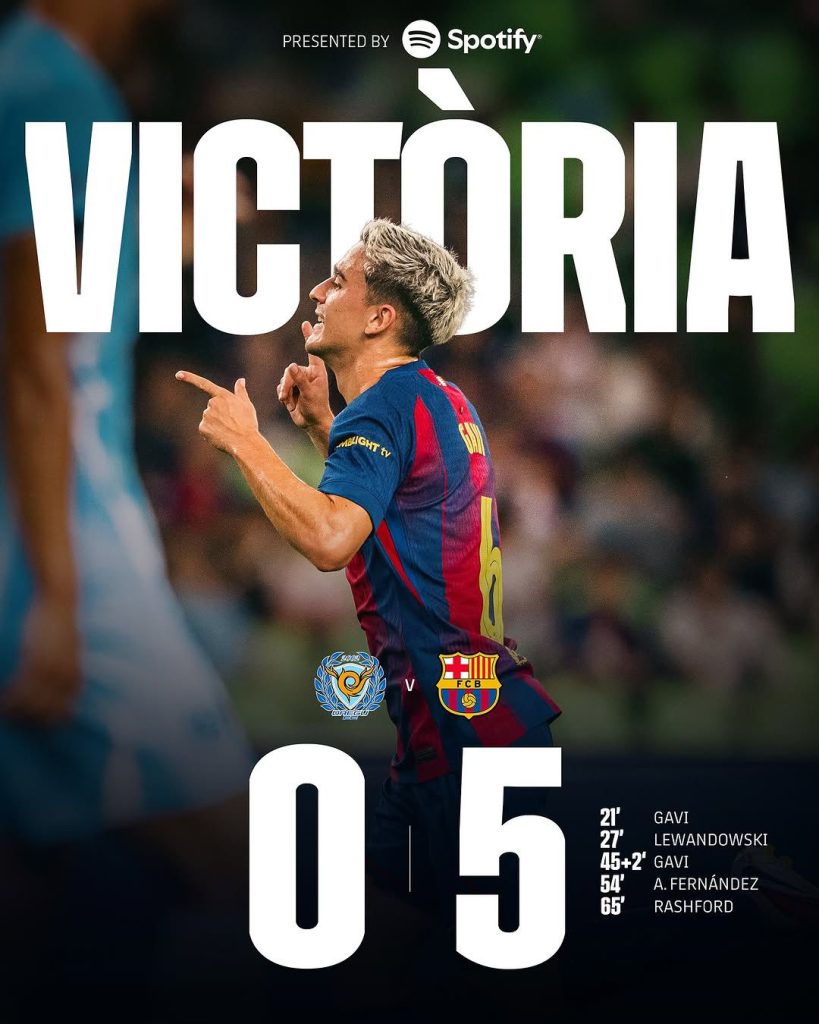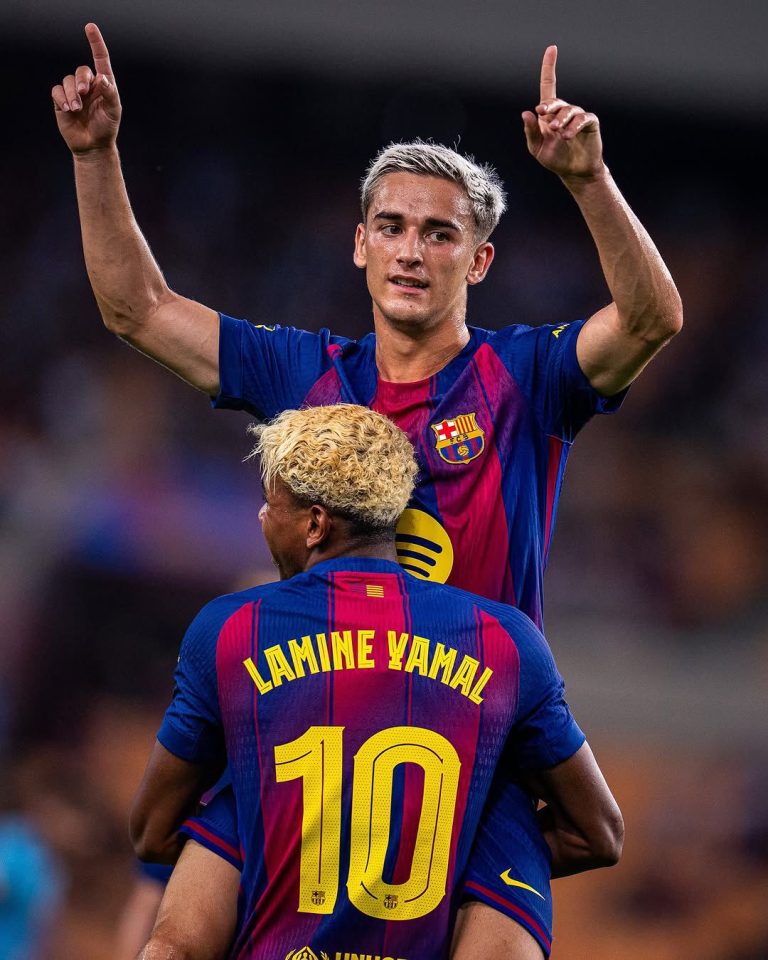The world of football has always offered far more than just the beautiful game. Matches between teams from vastly different cultures, like Daegu FC and Barcelona, are a testament to the sport’s power to bring people together while highlighting the unique contrasts between cities and ways of life. With Barcelona’s recent resounding 5–0 victory over Daegu FC during their 2025 Asian tour, interest has spiked among UK audiences keen to learn more about how these two cities—and their footballing fortunes—stack up against each other.
The Football Match: Skill, Atmosphere and Impact
On 4 August 2025, Daegu Stadium was packed with over 45,000 fans, many donning Barcelona shirts, eager to witness global stars on South Korean soil. Barcelona, managed by Hansi Flick, were clinical in seeing off their opponents. Young talents like Pedro Fernández got a rare start alongside household names such as Gavi, Robert Lewandowski, and even new star Marcus Rashford, who found the net as part of a dominant display.
For Daegu FC, currently languishing at the bottom of the K-League, the match was more than just a pre-season warm-up. It was an opportunity for players and supporters alike to share a pitch—and a moment in history—with one of the most successful clubs of all time. Although the gulf in class was clear—Barcelona’s aggressive pressing and quick interplay proved too much for the Korean hosts—the respect for both sets of fans and players was palpable, underscoring the spirit of these prestige friendlies.
City Profiles: Daegu and Barcelona
While the spectacle on the pitch invites comparison, so too do the cities themselves.
Barcelona is one of Europe’s iconic destinations. With a population of about 1.6 million, it’s Spain’s second-largest city and draws millions of tourists annually. Famous for architectural marvels like the Sagrada Família, world-class beaches, and a vibrant food scene, Barcelona is a city that epitomises Mediterranean living.
Daegu, South Korea’s fourth-largest city, has a population of around 2.3 million. It may not boast landmarks as globally renowned as Barcelona’s, but it charms visitors with traditional markets, modern technology hubs, and a warm, community-focused atmosphere. Daegu’s sprawling green spaces and scenic mountains offer a contrast to Barcelona’s urban beaches.
Cost of Living: A Tale of Two Economies
For UK audiences accustomed to steep prices in London or Manchester, both Daegu and Barcelona present interesting options if considering a move abroad, temporary relocation, or even just planning a football pilgrimage.
Recent data shows that Barcelona is significantly more expensive than Daegu. The cost of living for one person in Barcelona is about $1,887 a month, compared to $995 in Daegu. Eating out, rent, and transport costs are consistently higher in Barcelona. A dinner for two can set you back nearly double in Barcelona than in Daegu. Rents for a central one-bedroom apartment average $1,205 in Barcelona but only $332 in Daegu.
However, salaries in the two cities are also different. While average net monthly income after tax stands at $2,221 in Barcelona, Daegu boasts $2,232, meaning residents in Daegu spend a lower proportion of their earnings on living costs.

Cultural Contrasts and Fan Experience
Barcelona is famed for its cosmopolitan vibe, rich arts scene, and a footballing philosophy rooted in artistry and flair. The city’s supporters are used to packed Camp Nou nights and the passionate fervour that comes with competing for silverware at home and abroad.
In contrast, Daegu offers something more subtle but equally valuable—community spirit. Football games at Daegu Stadium are lively but also family-friendly, bridging generations and offering an intensely local sense of pride regardless of the team’s standing in the league.
When Barcelona visited, Daegu’s fans embraced the Catalan giants, sharing chants, colours, and even swapping shirts in a demonstration of football’s unique ability to transcend borders. For Daegu’s younger players, facing European opposition provided invaluable exposure and the promise of breaking into the broader footballing world.
Sporting Ambitions Moving Forward
For Barcelona, these international tours serve multiple purposes: squad preparation, brand expansion, and community engagement. Victories are expected, but it’s the off-pitch connections and fan engagement that offer as much value as a tally of goals.
For Daegu, sharing a field with Barcelona shows the continuing growth and globalisation of Asian football. The experience sharpens local players and leaves a lasting memory with fans—fuel for ambition both on and off the pitch.
Travel and Accessibility
Travel between these two cities is a journey of contrast as well. Direct flights are unavailable and routes typically involve stopovers. On average, return flights cost about £675, with the cheapest fares often found in June. The journey itself is part of the adventure—tracing a route from Europe to the edge of East Asia.
Conclusion
When football brings cities like Daegu and Barcelona together, it’s not just the scoreline that’s worth watching. The event illuminates the contrasts—and common ground—that cities, clubs, and cultures share. For fans in the UK, these matches offer a chance to compare global destinations, understand cultural nuances, and perhaps fuel their own dreams of travel, adventure, or the simple joy that comes from a shared love of the beautiful game. Football might be played on the pitch, but its heart is found wherever fans gather, from the terraces of Barcelona to the stands of Daegu.
Read more: Glasgow Airport


